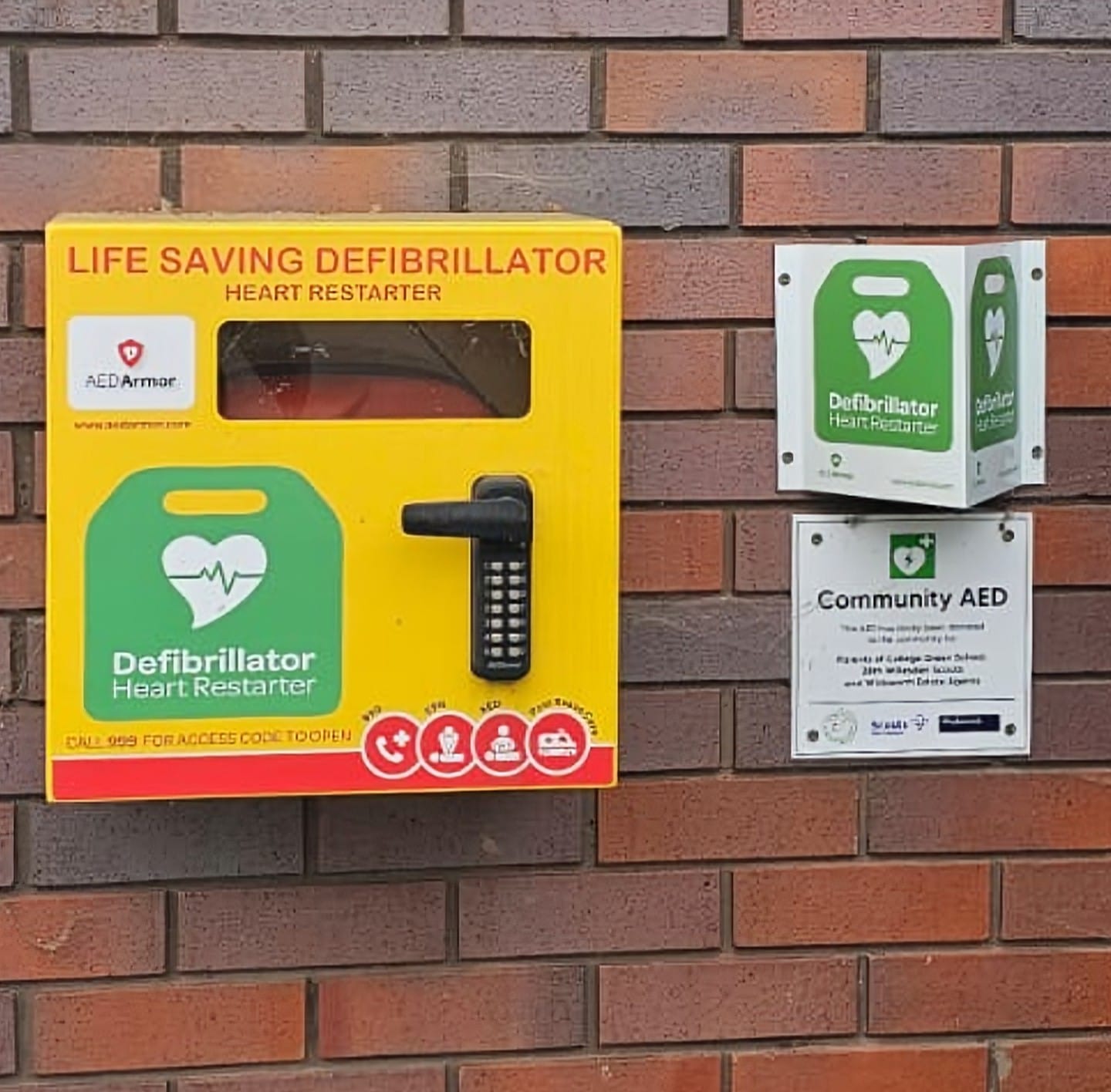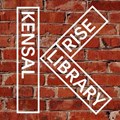Story
We want to raise £2,500 to convert the red telephone box that is falling apart on Harvist so it has a new life housing life-saving defib equipment.
This is urgent because Queens Park is, surprisingly, part of what London Ambulance Service (LAS) calls 'defibrillator deserts.'
You might be very surprised - or shocked - to know that no-one living near the park in Queens Park (or visiting) - has access to a 24/7 available debrillator for the person, you or old, who has stopped breathing?
These machines can improve survival chances by 70% but currently you'd have to rely on the park to be open and the parkies to get theirs from inside their building by the zoo.
It'd almost certainly take too long/be too late?
Alternatively you need Salusbury school, Lonsdale Medical Centre, Queens Park train station, or a gym to be OPEN and get back to the person who stopped breathing in time.
You can see local coverage at www.defibfinder.uk and the wider local campaign at bit.ly/savelocallives.
This telephone box conversion is also being supported by Junior parkrun (a separate fundraise on these JustGiving pages)
WHAT CAN I DO?
Help spread the word please! and consider donating £10?
YOUR MONEY WILL BE DOUBLED BY AKOYA!
Local business Akoya have generously said they will commit the other £1,250 if our community can raise the first £1,250!!!
MORE ABOUT DEFIBS
Each year in London around 10,000 people are struck by sudden cardiac arrest outside of hospital environments.
They can affect anyone at any time -- from young children at school to adults when they're at home, work or in public places. If victims aren't treated properly, more often than not, cardiac arrests are fatal.
That's why it's so important to have defibrillators that provide high-energy electric shocks to the heart in as many public places as possible - if a defib is used within 3-5 minutes of cardiac arrest, survival rates jump from 6 to 74 percent.

